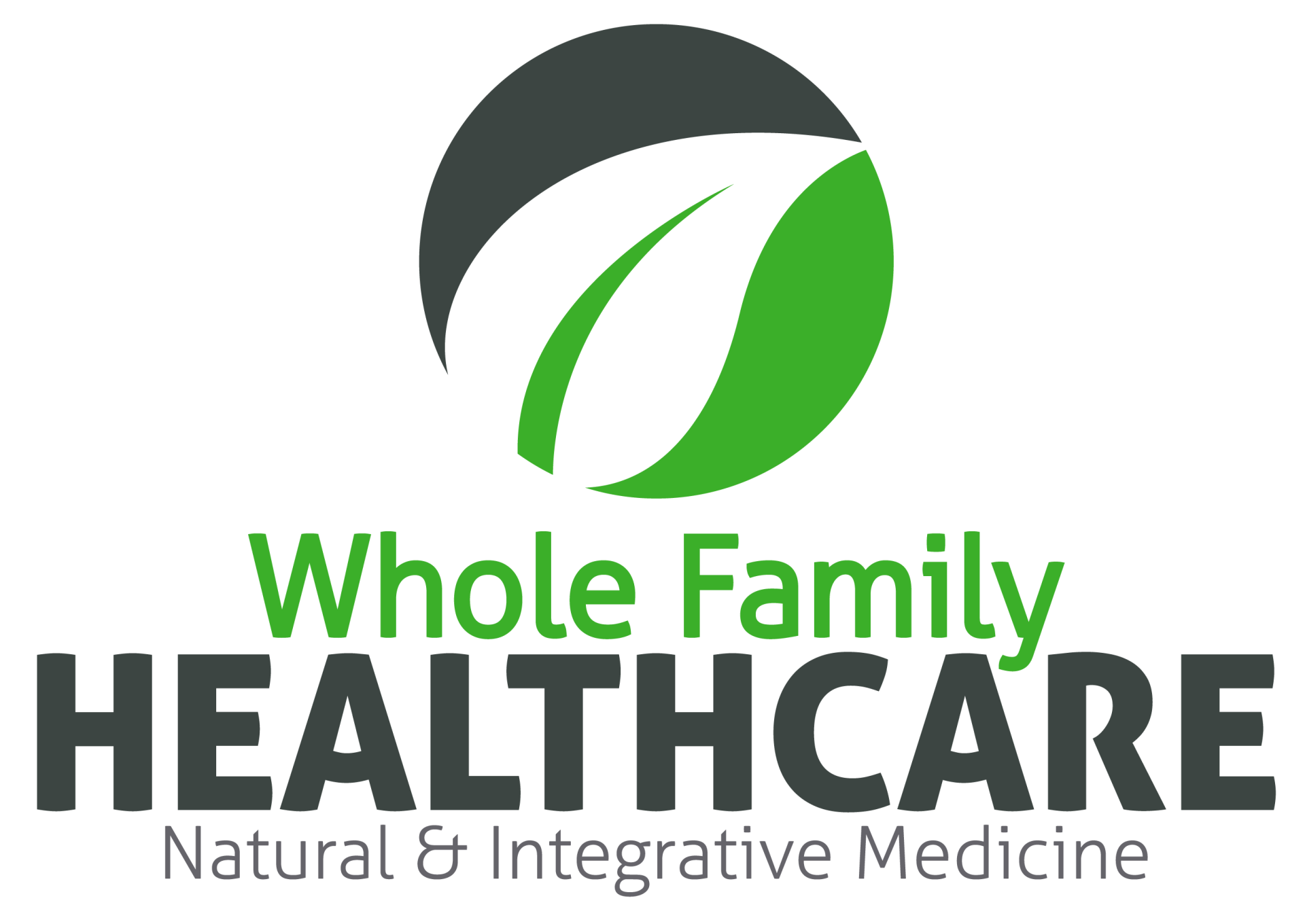Holistic Medicine
An approach to
Health and Well-being
Holistic medicine is a branch of healthcare that emphasizes the interconnectedness of the mind, body, and spirit in achieving optimal health and well-being. It considers all aspects of an individual's life and aims to address the root causes of illness, rather than merely treating the symptoms. Here, we will explore the principles, benefits, and various modalities of holistic medicine, shedding light on its growing popularity and relevance in today's world.
What is Holistic Medicine?
Holistic medicine, also known as integrative or complementary medicine, is a comprehensive approach to healthcare that focuses on treating the whole person. It recognizes that physical, mental, emotional, and spiritual factors are interconnected and play a vital role in overall well-being. Rather than solely targeting the symptoms of an illness, holistic medicine seeks to address the underlying imbalances and restore harmony within the body.
The Principles of Holistic Medicine
Holistic medicine is guided by several core principles. Firstly, it views each individual as a unique being with distinct physical, emotional, and spiritual aspects. Secondly, it emphasizes the body's innate ability to heal itself when provided with the necessary support and conditions. Thirdly, holistic medicine promotes a partnership between the practitioner and the patient, considering them as equal participants in the healing process. Lastly, it recognizes the importance of prevention and maintaining balance to achieve long-term health.
Integrative Approach to Healthcare
One of the distinguishing features of holistic medicine is its integrative approach to healthcare. It acknowledges the value of both conventional and alternative therapies and seeks to combine them for optimal results. This approach encourages collaboration between different healthcare professionals, ensuring that patients receive comprehensive care tailored to their individual needs.
Our Featured Services

The Benefits of Holistic Medicine
Holistic medicine offers numerous benefits for individuals seeking comprehensive care. Some of the key advantages include:
- Individualized Approach: Holistic medicine recognizes that each person is unique, and treatment plans are tailored to address their specific needs.
- Holistic Well-being: By considering the interconnectedness of various aspects of health, holistic medicine promotes overall well-being, encompassing physical, mental, and emotional aspects.
- Prevention and Long-term Health: Holistic medicine emphasizes preventive measures and lifestyle changes to support long-term health and minimize the risk of illness.
- Minimizing Side Effects: Many holistic modalities focus on natural approaches and therapies, reducing the reliance on medications that may have adverse side effects.
- Empowering Patients: Holistic medicine encourages patients to take an active role in their healing process, promoting a sense of empowerment and self-care.
Holistic vs Conventional Medicine
Holistic medicine should not be seen as a replacement for conventional medicine but rather as a complementary approach.
Integrating both conventional and holistic modalities allows for a more comprehensive and well-rounded healthcare experience. Collaboration between healthcare providers and open communication between the patient and the care team are essential for ensuring the best possible outcomes.











